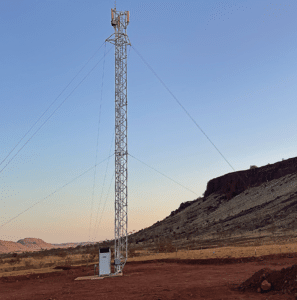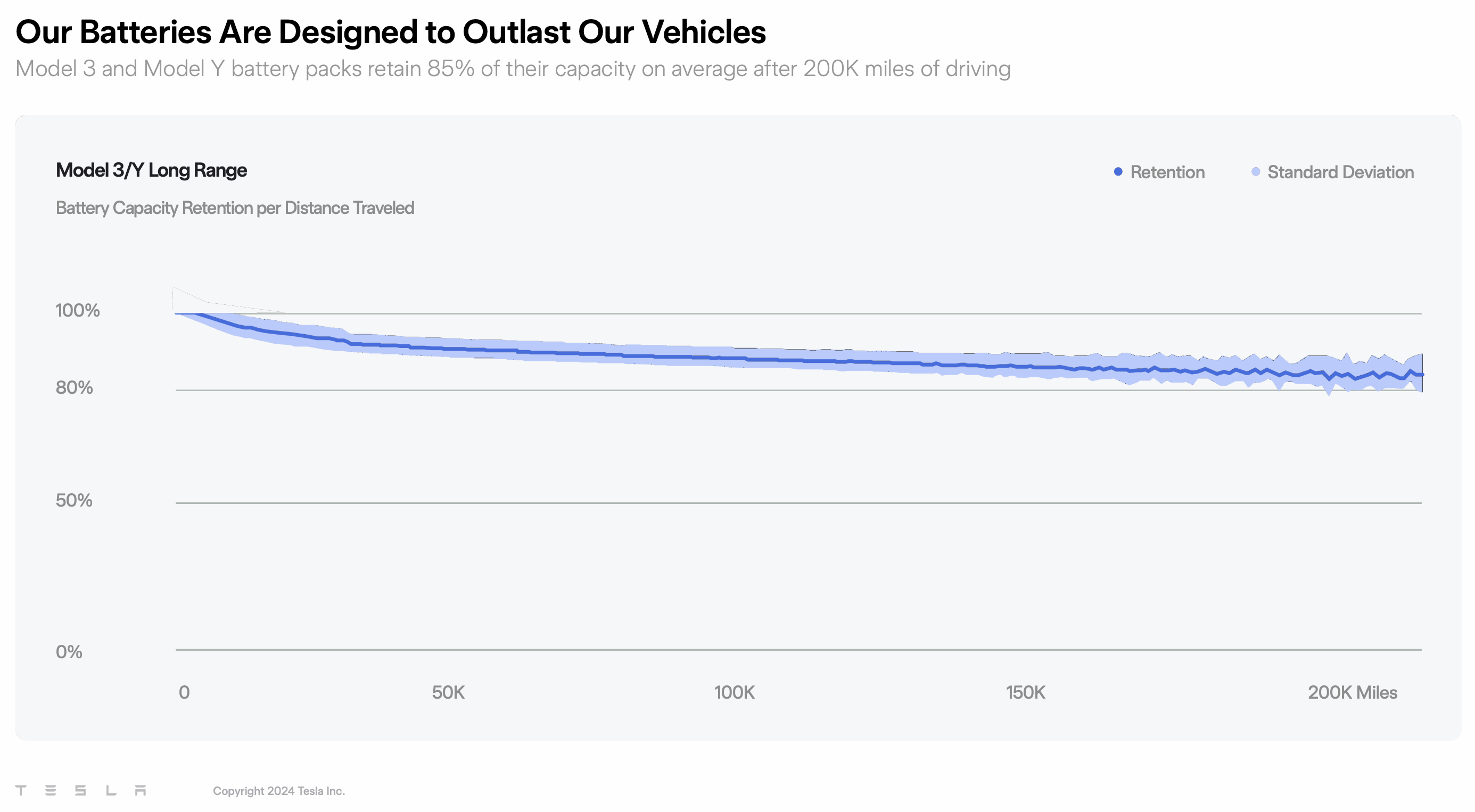Australian Mining sat down with international telecommunications company Vocus to discuss why private 4G/5G networks are so important to a mining operation.
Wi-Fi is such a typical, necessary part of everyday life that many wouldn’t think twice about the little black box that provides internet to their entire home or workplace.
But within that black box, millions of radio waves are being transmitted to ensure users can enjoy browsing on their private networks to their heart’s content.
A mine’s wireless network is the same concept, just on a much larger scale.
Vocus head of wireless Simon Lardner said that as mining continues to become more technologically advanced, networks need to ensure they keep up with the demand.
“Mines are essentially a big factory,” he said. “People need to be in constant communication with each other and with their equipment.
“If a regular person spends a couple of hundred dollars on a Wi-Fi modem and it stops working, it’s annoying, but in a mine, if the network stops working, that can have some tragic consequences.”
The solution to such an issue is a Vocus 4G/5G private network.
“Mines come to us trying to solve a connectivity problem, usually to do with autonomous trucks or equipment.” Lardner said. “They require a sophisticated network, and that’s where we get involved.”
The most crucial aspect of a private 4G/5G network is the communication it enables. Some mines are so large that it can take several hours of driving to get from one side to the other, which presents a potential barrier to communication unless they have an effective network.

“Connectivity is such a simple concept, but on a mine site it means everything,” Lardner said.
“It enables the use of new technology which in turn enables improved safety, and improved systems being implemented means autonomous trucks can run without crashing into each other, it means people can express ideas or warnings about dangerous situations.
“Good communication translates to an efficient, productive mine.”
Lardner hailed Beach Energy as the first oil and gas company to build a private network using Vocus’ expertise. Having launched in 2015, it is now one of the longest operating private 4G/5G networks in the world. Beach Energy’s site, located in the Cooper Basin in SA, is about as isolated as one can get.
“That’s what makes its network so interesting,” Lardner said. “The site is the closest definition you can get to the middle of nowhere, but with their private network they have full connectivity.”
In a modern automated environment, mining equipment operators don’t necessarily need to be sitting inside the truck to do their jobs. Many control the equipment from an operating room hundreds of kilometres away.
But in order to control the equipment correctly, a network must be strong enough to ensure unplanned downtime is avoided, especially if employees aren’t close to the mine site to fix it.
“The benefits of a private 4G/5G network are pretty easy to calculate, which is why every mine is starting to implement them,” Lardner said.
“If we can take humans out of dangerous areas and put them in areas where they can use their brain power and avoid injury, that’s a good thing.”
Lardner also highlighted the interpersonal benefits that employees can gain from working on a mine with a well-designed private network.
In particular, those who used to have to complete fly-in, fly-out (FIFO) work may now have the opportunity to work in a remote centre in the city, where they can be close to loved ones.
“Being on a FIFO roster – for example, on-site for 10 days and then home for six – can be really demanding physically and mentally,” Lardner said. “But if you can offer people the opportunity to operate remotely and work from their home town due to improved connectivity, those people are probably more likely to stay in their job.”
Vocus’ extensive fibre and private networks are an ideal choice for mine operators who want to control their sites with confidence and peace of mind.
“There are two types of network traffic: one is within the mine with machines talking to each other, and another is between the mine site and the main corporate hub in Perth, for example,” Lardner said.
“And that’s where Vocus’ broader fibre networks and low earth orbit satellite services get leveraged because we’re able to provide that all-important connectivity back to the big cities and make sure an operator’s screen doesn’t suddenly lose all its real-time data.
“Networks sound complicated, but it’s common sense. It needs to work, because without it, a mine doesn’t work.”
This feature appeared in the October 2023 issue of Australian Mining.




